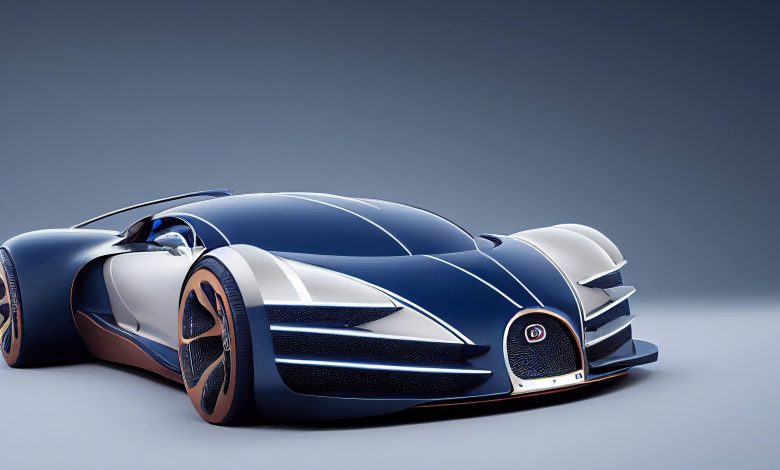
Learn all you need to know about cars. Cars are one of the most important inventions. They have revolutionized the way we travel, work, and live our lives. With the introduction of cars, people are able to travel faster, farther, and more conveniently than ever before. In this article, we will explore the history, development, and impact of cars, as well as the current state of the automotive industry.
History of Cars
The history of cars can be traced back to the early 19th century when the first steam-powered vehicles were invented. These early cars were slow, heavy, and impractical, and they were largely used for public transportation rather than personal travel.
In the late 19th century, gasoline-powered cars began to emerge, thanks to inventors such as Karl Benz, Gottlieb Daimler, and Henry Ford. These early cars were lighter, faster, and more reliable than their steam-powered counterparts, and they quickly became popular among wealthy individuals.
In the early 20th century, the mass production of cars began, and cars became more affordable and accessible to the general public. Cars also began to incorporate a range of features and technologies, such as electric starters, automatic transmissions, and air conditioning.
During the mid-20th century. the automotive industry boomed, and cars became a symbol of status, freedom, and prosperity. Cars were marketed as a means of expressing one’s personality and identity, and car culture became an important part of American and global society.
However, the increasing popularity of cars also brought a range of challenges and negative consequences. Cars contributed to air pollution, traffic congestion, and urban sprawl, and they were often associated with accidents, injuries, and fatalities.
Development of Cars
Learn all you need to know about cars. Despite these challenges, the automotive industry continued to innovate and develop new technologies and features for cars. In the latter half of the 20th century, cars became more fuel-efficient and environmentally friendly, thanks to the introduction of catalytic converters, hybrid engines, and electric cars.
In recent years, cars have also become more connected and autonomous, thanks to the development of technologies such as GPS navigation, Bluetooth connectivity, and self-driving cars. These technologies have the potential to revolutionize the way we travel, work, and live our lives, and they have attracted significant investment and attention from both established automakers and new entrants to the market.
Impact of Cars
The impact of cars on society has been both positive and negative. On the positive side, cars have enabled people to travel more efficiently and quickly, which has led to greater economic growth and social mobility. Cars have also created a range of jobs and industries, from manufacturing to sales to maintenance.
Addition
In addition, cars have become an important part of our culture and identity. Cars are often seen as a status symbol or a reflection of one’s personality and values. And they have been the subject of countless books, movies, and songs.
On the negative side, cars have also had a range of negative impacts on society and the environment. Cars are a major source of air pollution and greenhouse gas emissions. Which contributes to climate change and a range of health problems, such as respiratory illnesses and heart disease.
Cars have also contributed to urban sprawl and traffic congestion. Which have a range of negative impacts on quality of life. Including longer commute times, reduced access to public spaces, and increased stress and anxiety.
Future of Cars
Learn all you need to know about cars. The future of cars is likely to be shaped by a range of trends and challenges. Including climate change. And technological innovation. And changing consumer preferences. In response to these challenges, the automotive industry is likely to continue to develop new technologies. And features that are more sustainable, efficient, and connected.
One of the most significant trends in the automotive industry is the move toward electric and autonomous cars.
Types of Cars
There are many different types of cars on the market, each designed for a specific purpose or market segment. Here are a few examples:
Sedans: These are the most common type of car, with four doors and a traditional trunk. They are generally designed for families or commuters and offer a balance of comfort, performance, and practicality.
SUVs: Sport utility vehicles are larger and more versatile than sedans, with more cargo space and often four-wheel drive. They are popular with families and outdoor enthusiasts.
Sports Cars: These are high-performance cars designed for speed and handling. They often have two doors, a sleek design, and powerful engines.
Coupes: Coupes are similar to sports cars, but with a more practical design and often a back seat. They are generally designed for style and performance.
Trucks: Pickup trucks are designed for heavy-duty hauling and towing. They come in a range of sizes and configurations, from compact to full-size.
Car Maintenance
Maintaining your car is important for ensuring its longevity, safety, and performance. Here are a few tips for keeping your car in good condition:
Follow the recommended maintenance schedule for your car, which will vary depending on the make and model.
Check your oil regularly and change it according to the recommended schedule.
Check tire pressure regularly and ensure that your tires are in good condition.
Verify your brakes regularly and have them serviced if necessary.
Keep your car clean and free of debris, which can cause damage and rust on it.




